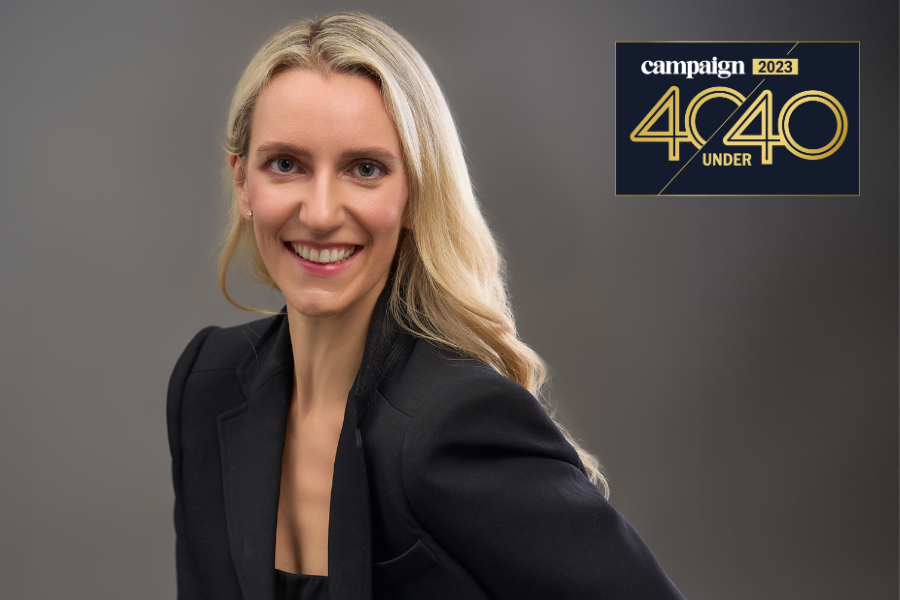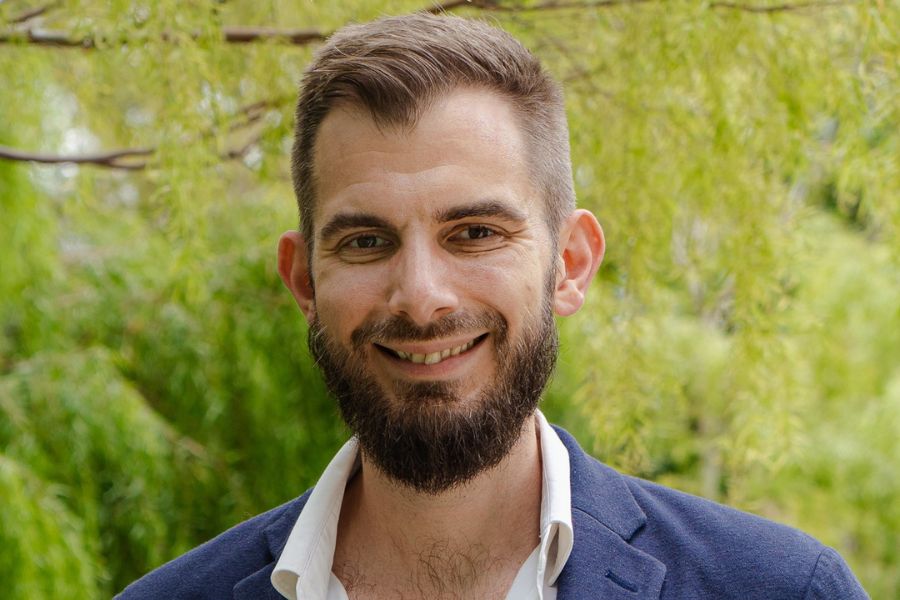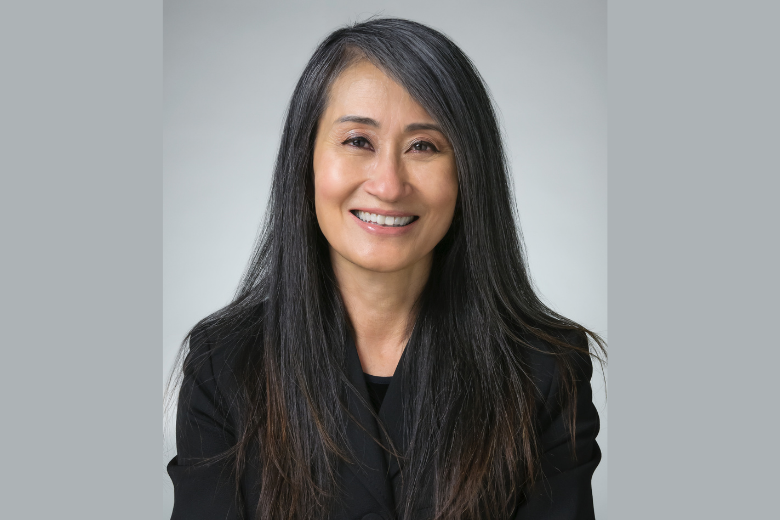Sir Run Run Shaw, the region’s pioneering media mogul, is believed to be ready to part with his majority ownership of Shaw Brothers, which owns the controlling stake in TVB.
Already, if speculation is to be believed, a number of potential buyers are homing in on the latest opportunity to buy Hong Kong’s dominant free-to-air TV operator, with one eye - surely - firmly planted on the company’s under-leveraged business in China.
While Country Garden chairman Yeung Kwok-keung emerged as the early favourite for the stake, which Shaw has slapped with a price tag of HK$10 billion (US$1.3 billion), sources now favour Shimao Property chairman Hui Wing-mau.
Other names that have been floated include Chevalier International chairman Chow Yei-ching, Chinese Estates chairman Joseph Lau, PCCW chairman Richard Li and former ATV chairman Yau Tak-kan, along with US private equity firm Blackstone.
It is implicitly understood that the deal will not proceed without being sanctioned by the Chinese Government, who will not want to see a key media asset fall into foreign hands.
Whoever emerges successful, however, will need strong Beijing relationships for a rather more pressing need - boosting TVB’s mainland revenues. These made up a paltry four per cent of TVB’s HK$4.33 billion revenues in 2007.
TVB derives its mainland revenue from two main sources: landing rights, which are currently limited to cities in Guangdong, and licensing deals for its content.
Neither branches have proved particularly fruitful. A media analyst estimates that it is being paid RMB50 million (US$6.9 million) for the Guangdong rights, when fair value tilts closer to 10 times that amount.
TVB has slowly expanded content alliances with Chinese broadcasters, but remains hampered by widespread piracy and Beijing policy that restricts prime-time programming privileges. “If it can extend landing rights to a lot of cities, then licensing will not be so key,” says a source.
“The China policy is always complicated and totally reliant on the relationship with Beijing. But room for further development in Hong Kong (where TVB accounts for 80 per cent of TV advertising sales) is limited, so China is very important.” Shaw’s own relationship with Beijing, meanwhile, is believed to be a tricky one. While his remarkable philanthropy has brought billions to the country, the Government - like many in Asia - is wary that TVB’s content could blow away the output of domestic producers.
Which means that the time might finally be right for Shaw to sell off his stake. Still, few are convinced that this particular episode will end without a few more twists in the tale. “Investors are sceptical given the history of this company,” says a source.
“There have been talks for 10 years and nothing has materialised.”
Live Issue... Is this the final curtain call for Run Run Shaw and TVB?
After 100 years, it appears that one of the longest-running shows in Asia may be preparing for its final curtain call.








